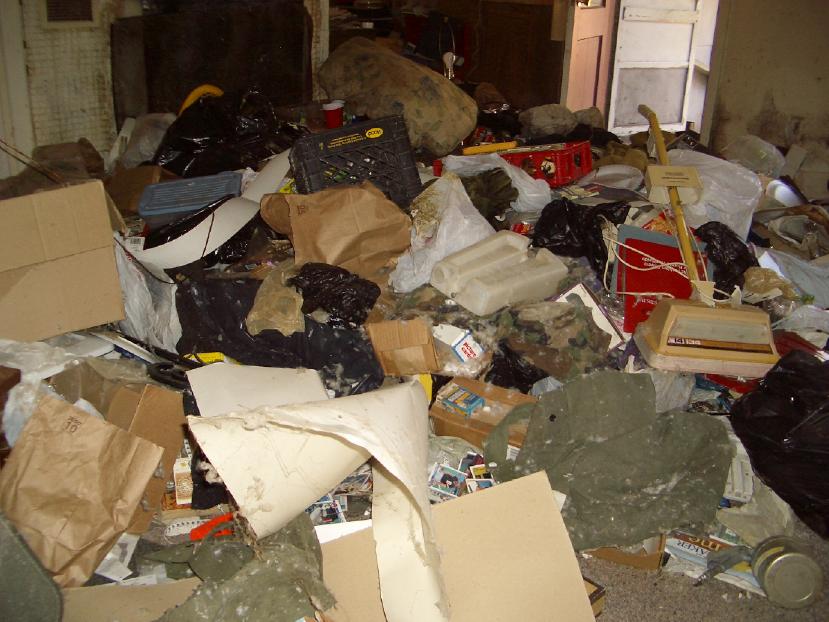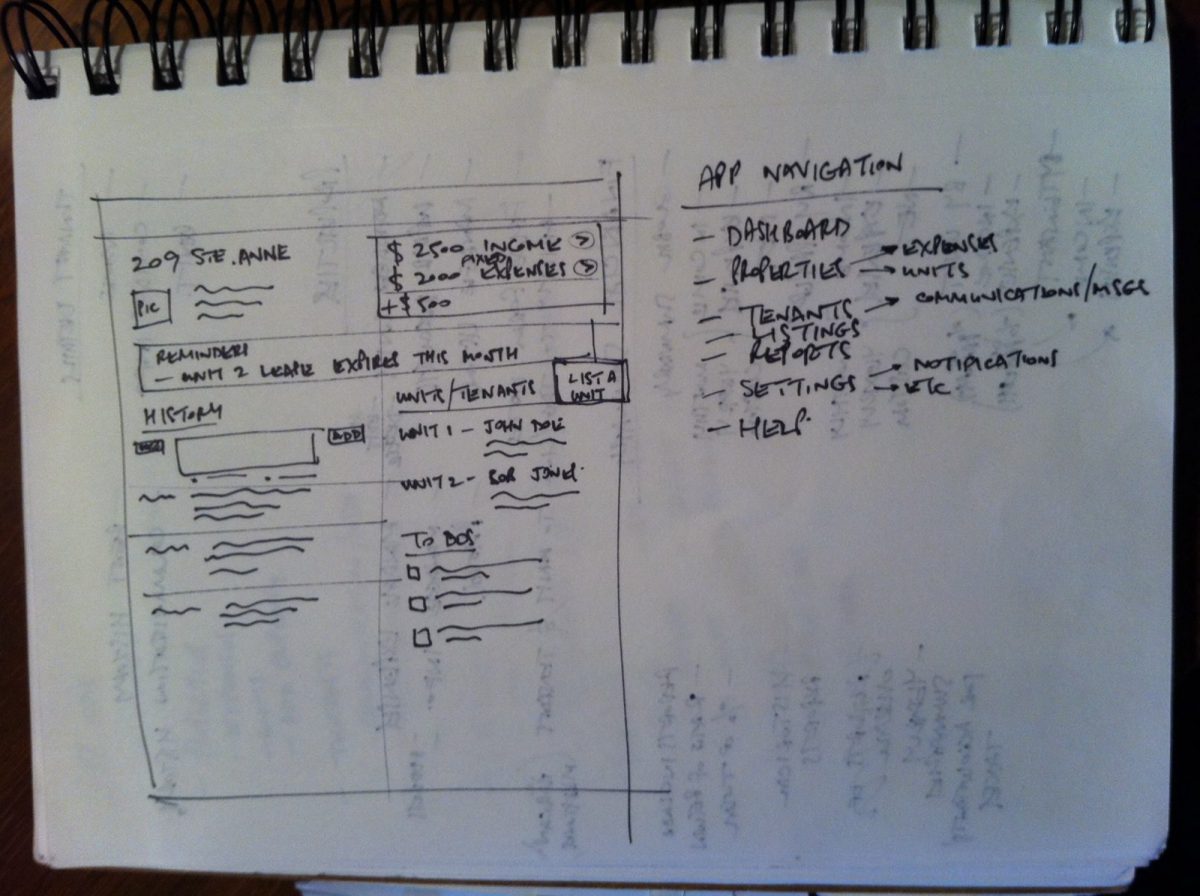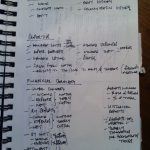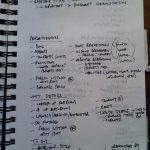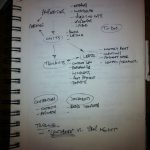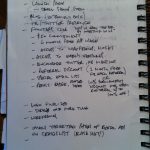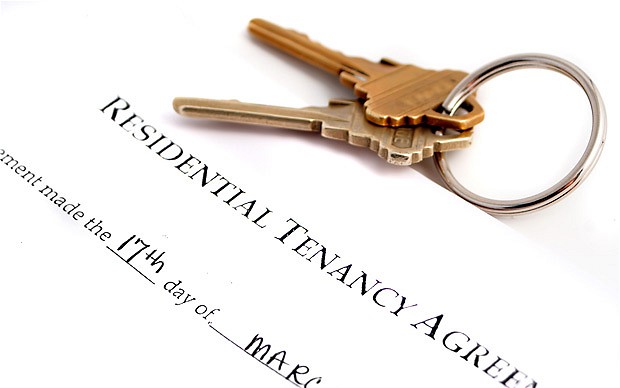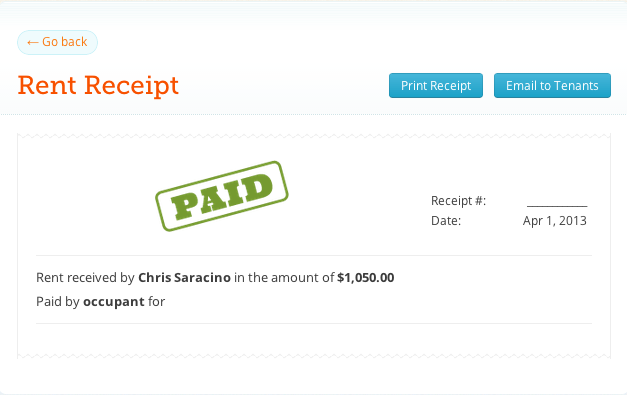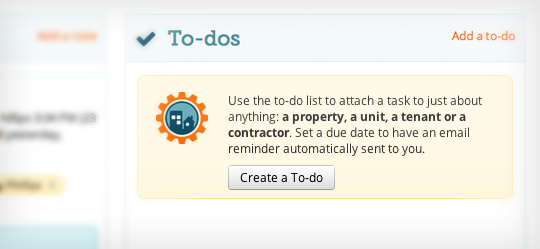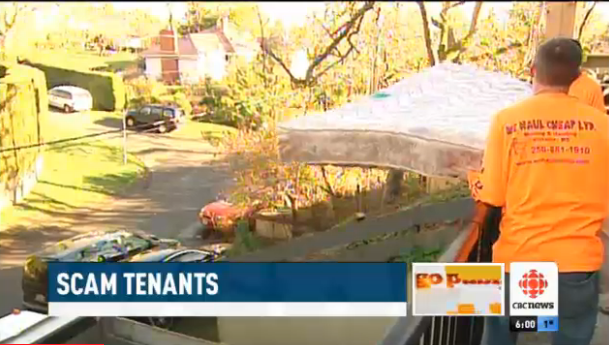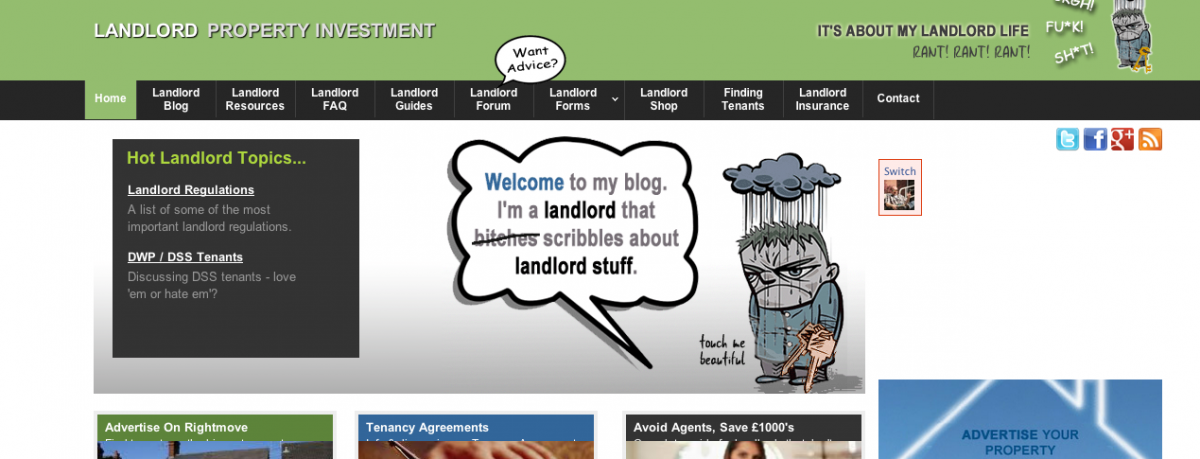Caught this hot piece on the Globe and Mail today. A little ditty called “How To Steer Clear Of Bad Tenants”. In it – the move in inspection report is cited as the second most important document between the landlord and his/her tenant, besides the actual lease. Here’s the kicker. Most landlords don’t use one.
This is interesting. When you rent a car they use one. When you rent a boat they use one. Hell…I remember renting movies at Blockbuster and getting a call about the DVD copy of State of Grace I rented once looking like it had been dropped when they opened the case. Some people think they’re experts at “reading” other people. They convince themselves out of the necessity to cover all the bases. They don’t check credit scores. They don’t call previous landlord references. They just assume that since the new tenant they just rented a unit to is employed and capable of paying the rent, the likelihood of a kegger is minimal or non-existent.
I’ll cut to the chase. You should always use one. It’s the basis of an understanding – one that is paired with a mutual acknowledgement between you and the individual(s) renting from you, that what you are providing is in a certain condition prior to move in, and that it is meant to be returned to you in a certain condition. It’s as simple as that. Using a move in inspection report has the potential to save you money, clear up any excuse of miscommunication, and covers you in the event of something going south.
In British Columbia, a Condition Inspection Report is required by provincial law. The tenant and the landlord need to complete, sign, and date the form to show the condition of the residential premises at the beginning and end of the rental agreement. B.C. is smart about this, especially with such a great concentration of renters. Think about it – one of the biggest sources of conflict between landlord and tenant is often condition of apartments. A mutually acknowledged and signed off report greatly reduces the number of hearings that go to the LTB. The Northwest Territories, Alberta, and Nunavut also require signed and mutually acknowledged inspection reports to be completed.
It’s not the law in other provinces, however, they’re still highly recommended and it doesn’t mean you can’t use them. The CMHC put together a handy little rundown of what you should look for and point out when doing an inspection. Here’s a taste.
- Walls and ceilings: note any dents, holes, or cracks in the plaster; scuff marks that don’t rub off; tears, bubbles, or peeling wallpaper.
- Floors: note stains or discolouration in carpets; tears in linoleum; cracked or chipped tiles; dents, scuffs, or stains on hardwood floors. Carpet cleaning laguna hills can get rid of any stains on carpets.
- Trim (including moldings, door and window sills and door and window frames): note stains, cracks, leaks or other problems.
- Electrical outlets and lights: make sure they function.
- Bathroom(s): make sure all faucets (hot and cold) work without leaking; water runs clear, not brown or yellow; water carries sufficient pressure in the shower and toilet; hot water tank holds enough for your needs. Check for chips or scratches in fixtures and tiles; walls around the tub for “sponginess”; countertops for dents, scratches, or stains.
- Kitchen: make sure all faucets (hot and cold) work without leaking; water runs clear, not brown or yellow; all appliances work and are clean. Check for chips or scratches in fixtures and tiles; countertops for dents, scratches, or stains.
- Exterior roof and gutters: check for a reliable seamless gutter company such as seamless gutter company in Wilkesboro to ensure optimal water drainage and protection for your home. If you need roofing repairs, then make sure to contact your local roofing company for a quick fix. Colorbond roofers in Brisbane provide durable, stylish roofing options.
- Deck, balcony or patio, if applicable: check for chipped stone, warped or cracked boards, or problems with exterior siding.
Smart indeed. You can see the full list here.
